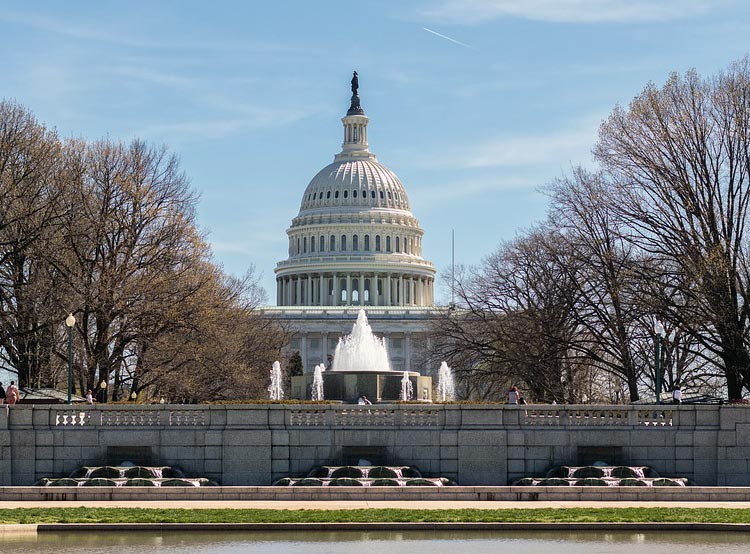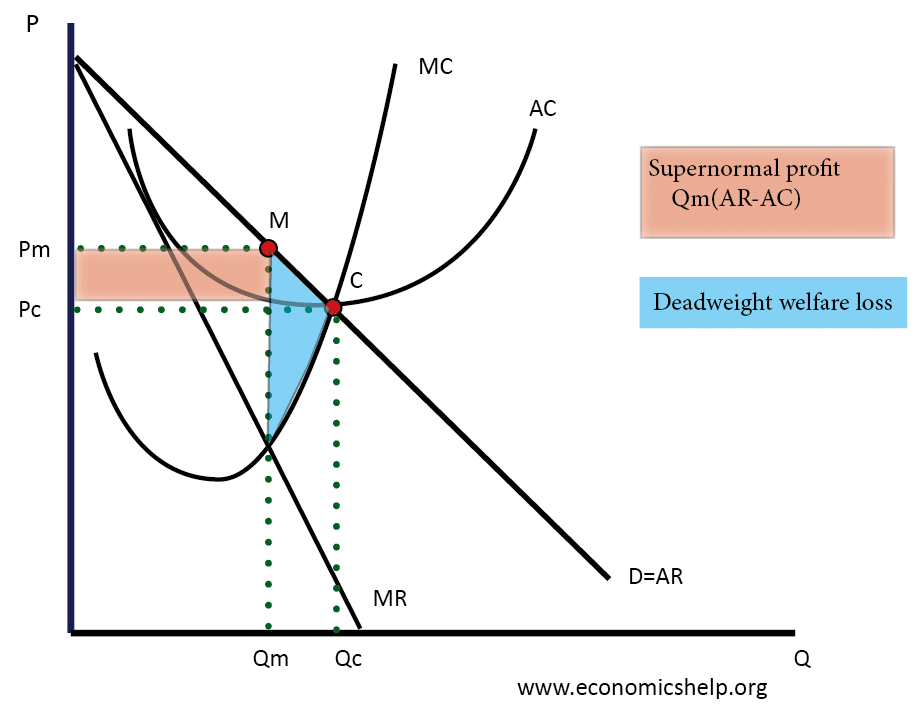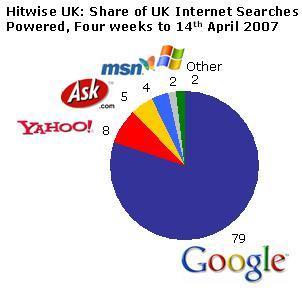Neoliberalism – examples and criticisms
Neoliberalism is a term commonly used to describe free-market economics. Neoliberalism involves policies associated with free trade, privatisation, price deregulation, a reduced size of government and flexible labour markets. Recently, neoliberalism has been associated with the policies of austerity and attempts to reduce budget deficits – usually by cutting government spending on social programmes. Neo-liberalism …



